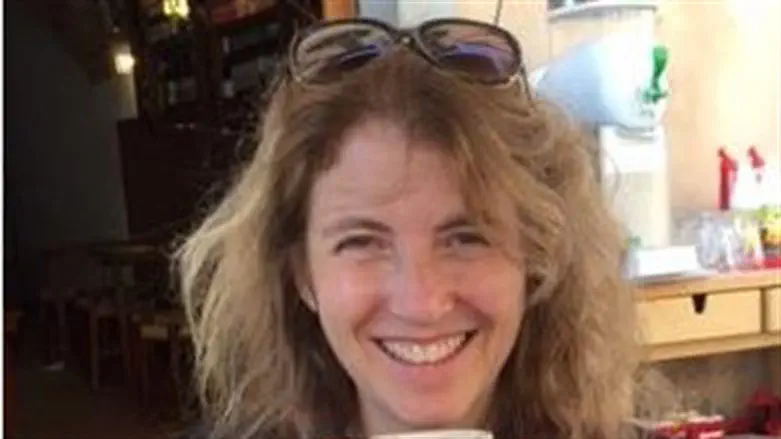
It hasn’t even been seven years since the Portuguese government enacted their citizenship law to bring some semblance of justice to the descendants of Portuguese Jews who were expelled from their homes in the 15th century, when antisemitism has reared its ugly head again. A daily Portuguese paper, Público, recently reported concerns of wealth that benefits the Israeli Community of Porto (CIP) which previously, “did not have enough money to hire a rabbi, or put a new roof on the synagogue.” Público supports the concern with reports that the CIP now has a rabbi, repaired the roof, and has a ”kosher hotel, a ritual bath, a soloist for the synagogue, security and a new museum.”
Petty concerns regarding how much the Portuguese Jewish community benefits from today’s descendants of ancestral victims, don’t bode well when considering the country’s religiously violent and violently religious history. Ironically, it’s quite possible that many of the communities’ detractors have descended from some of the same victims, but assimilated their original identity out of memory. Genetic research data has revealed that close to 20% of the people living in the Iberian Peninsula have Jewish ancestry. And, an estimation of 200 million do throughout the world.
Sephardic Jews, who maintained their ancestral identity, are not the only people descended from victims of medieval legal discrimination. Millions of Christians are descended from those who accepted Catholicism in the hopes of escaping legal discrimination, just to succumb to the jurisdiction of the Inquisition.
Author and retired Israeli radiologist, Martin Elsant, wrote a saga that expands on some period of the Inquisition, and through some of the geographical locations it terrorized. The first in the trilogy, Acts of Faith, intertwines historical events and settings with fear, despair, injustice, fanaticism, romance, hope and revenge, into in a beautiful novel, faithful to the accuracy of the times, named for the English translation of the “celebration” in which officers of the church paraded, humiliated, tortured and condemned to death accused “heretics” and “blasphemers.”
Elsant eloquently tackled this under-told period with a complex protagonist. While as a star seminary student, Aristides Coelho (Ari), falls for the intelligent, beautiful, Maria, who secretly harbors affection for the priest to be. After the Inquisition murdered a non-relative who she loved like family, she asked Ari a philosophical question. When Ari, genuinely believing in the righteousness of the Church and its Inquisition, fails to respond with the only answer that Maria sees as right, she can’t tolerate their ideological divide, and so then ends their friendship.
Instead of returning to the seminary, and while confident that the Inquisition is holy and moral, Ari accepts a job as an Inquisitorial notary. By the time that he realizes the depths of evil and greed that fuel the system, he also realizes that not obeying it could lead to his own demise. How can he prevent his soul from further being a victim of the Inquisition, while keeping his body safe? As Ari tries to outwit the most corrupt, and cooperate with the most spirited of humanity, he soon learns that the small victory he accomplishes, is just the beginning of his journey to discover himself.
Acts of Faith is the springboard to the other two parts of the series that illustrate how Jewish tradition is worth cherishing, and how religiously different, yet ideologically similar, good people, can work together to overcome injustice and evil.
Faith Quintero is the author of Loaded Blessings, a family saga that alternates between Inquisition era Spain and modern-day Israel. It’s among the Federalist’s top books of 2019 list and a Montaigne Medal finalist for the Eric Hoffer awards. The Montaigne Medal is an additional distinction, awarded to "the most thought-provoking books." Follow Faith on Twitter @FaithQuintero7 and Arutz Sheva Opinion at @israelnatopin